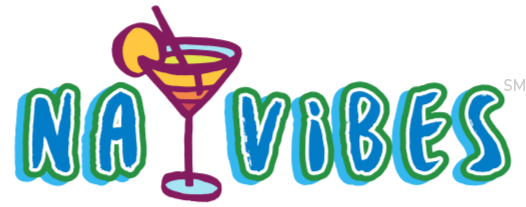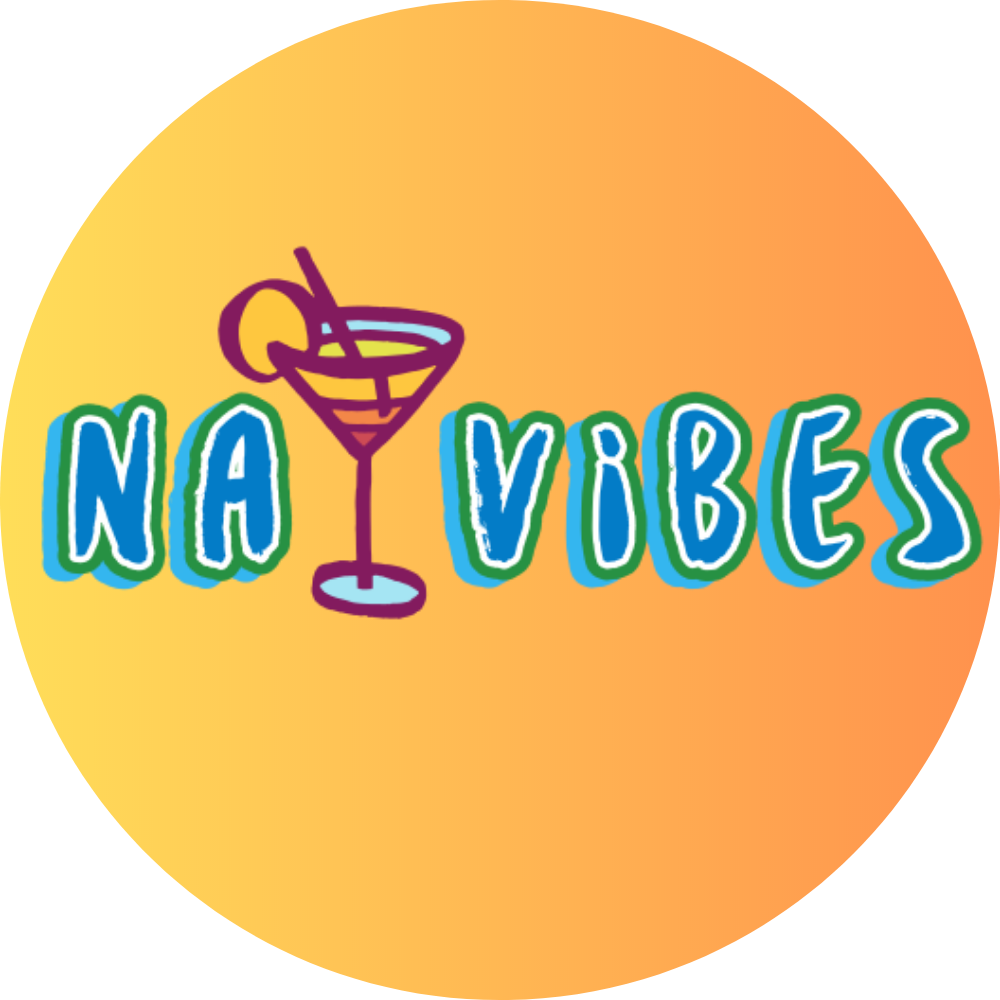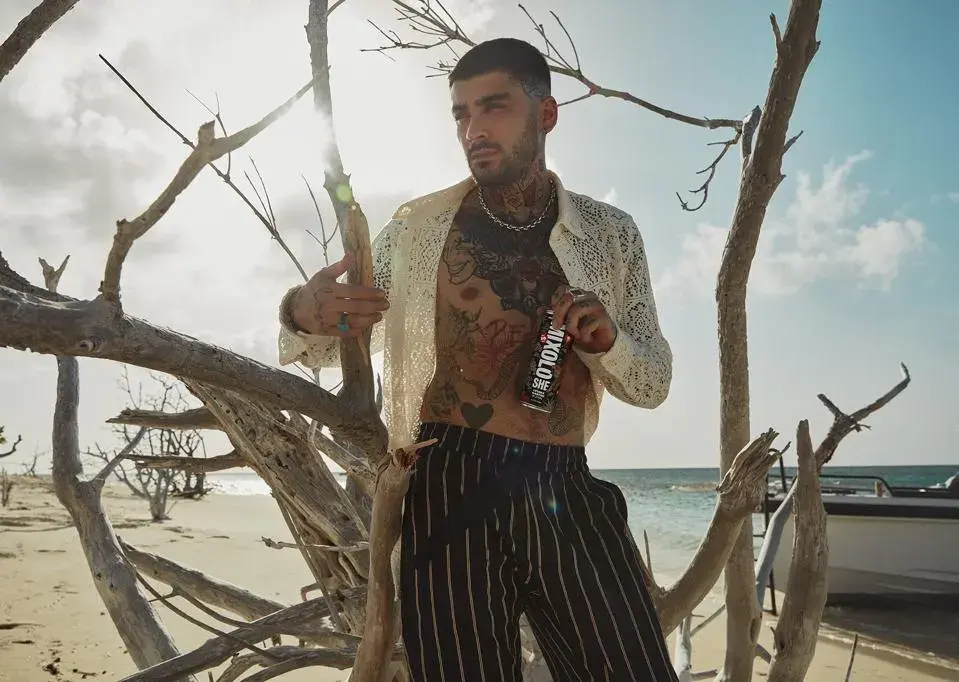It's official: Alcohol isn't cool anymore. Here's how a movement became mainstream
- Trish Silverman

- Dec 29, 2022
- 3 min read

CNN plans to cut back on showing alcohol consumption on New Year's Eve, Variety reported.
Google indicated that search interest in sobriety doubled in the US in 2022.
Here's how the millennial-led sober-curious movement has grown in the past four years.
Younger people haven't been drinking as much as older people did at their age — and the trend of moving away from alcohol has been occurring since the aughts.
The Washington Post reported in 2018 that the "Monitoring the Future" survey from the University of Michigan suggested that millennials and Gen Zers were drinking less than baby boomers and Gen Xers did at their age.
Across the pond, where pub culture has historically been pervasive, a 2019 survey of 2,400 British workers found that 56% of millennials considered themselves to be mindful drinkers, compared with 37% of baby boomers.
A study published in JAMA Pediatrics in 2020 found that the share of 18-to-22-year-old college students in the US who reported that they abstained from drinking increased from 20% in 2002 to 28% in 2018.
Another study published in 2018 found that in the UK, the percentage of 16-to-24-year-old nondrinkers increased to 29% in 2015 from 18% a decade prior.
Recent research suggests imbibing has few health benefits.
Researchers who conducted a global study published in The Lancet in 2018 concluded that no amount of alcohol consumption is safe. They found that alcohol was a leading risk factor for disease worldwide, that it led to 2.8 million deaths in 2016, and that it accounted for 10% of deaths for people 15 to 49.
New research has associated a medley of other problems with drinking:
A study published in the journal Nature in March 2022 suggested that drinking one glass of alcohol a day could shrink the brain.
Insider's Anna Medaris recently reported on a study that found that even light drinking during pregnancy could weaken the fetal brain.
An analysis of nearly 400,000 people's health data linked light alcohol consumption with an increased risk of heart problems like hypertension and coronary artery disease.
An analysis involving 1.5 million young people published in the journal Neurology associated alcohol use with strokes.
The sober-curious movement began to form around 2018.
The "sober curious" movement is believed to have started in 2018, when Ruby Warrington published a book called "Sober Curious." Other authors, like Holly Whitaker and Catherine Gray, have written bestsellers meant to help readers take a step back from alcohol. Millie Gooch, the founder of Sober Girl Society, told Insider's Rachel Hosie that "sober curious" is a purposefully ambiguous phrase, as the movement includes all kinds of gray-area drinkers. Gooch said that for some people, being sober curious means being more mindful of when and why they're drinking. Some sober-curious folks cut down on drinking or abstain for extended periods, while others stop drinking completely. The movement's prevalence on social media has appealed to young people, especially young women, Insider previously reported. Sober-curious influencers post TikToks and Instagram Reels detailing how they've stepped away from drinking, and they partner with brands selling alternatives to booze. A bevy of nonalcoholic wines, beers, and liquors have cropped up in response to the sober-curious movement.

People cutting back on alcohol are looking for alternative drinks: Google told Insider that search interest in "non-alcoholic drink" and "non-alcoholic beer" hit all-time highs in 2022.
Beverage analysts told Insider in 2021 that they expected the nonalcoholic-drink market to continue to expand as Americans demand more drink options. The analysts said nonalcoholic drinks wouldn't replace booze but offer sober-curious people alternatives to club soda.
Read the full article here: https://www.insider.com/timeline-of-the-sober-curious-movement-2022-12#a-bevy-of-nonalcoholic-wines-beers-and-liquors-have-cropped-up-in-response-to-the-sober-curious-movement-4
Our advocacy for NA awareness is partially funded by purchases from our site. As an affiliate marketer, we may earn a small commission at no cost to you.







kk